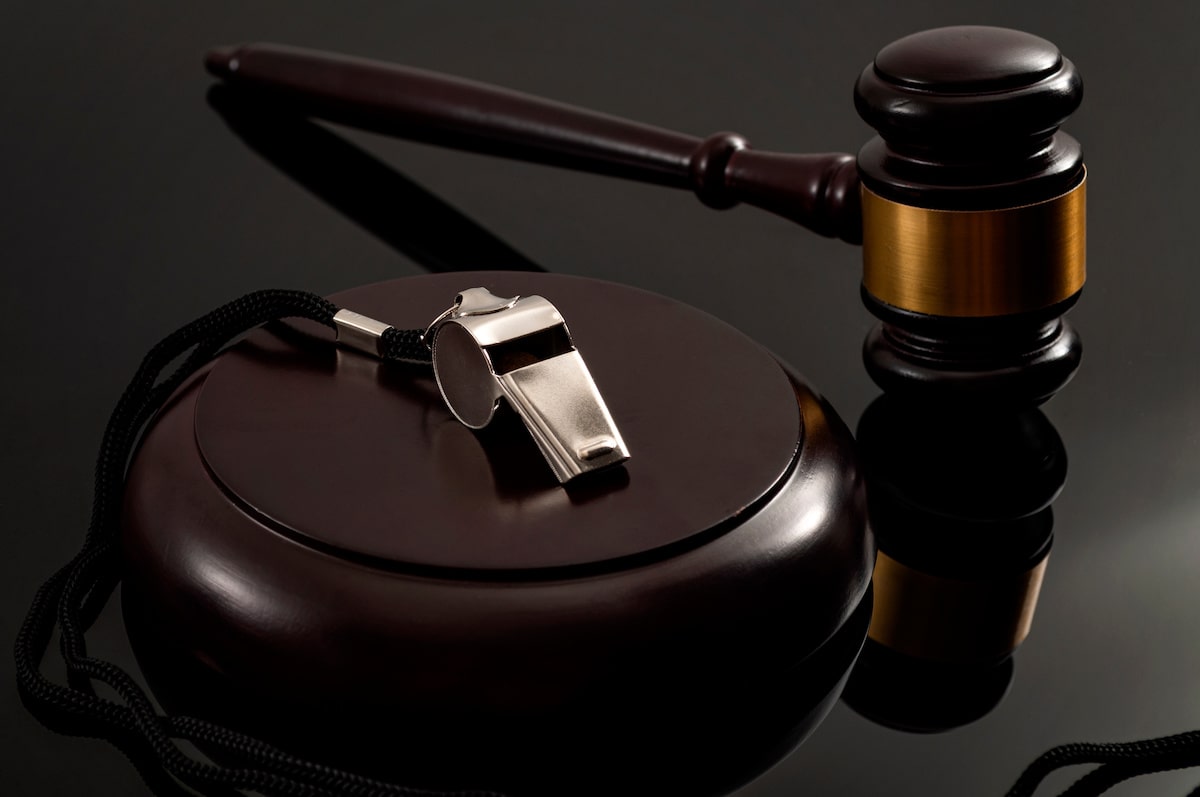Insurance companies hire all kinds of experts to help them for all kinds of reasons. The problem is that some experts are not honest and never try to find the truth. The other problem is some policyholders or their under-financed attorneys do not hire experts or very good experts.
We have written a number of blogs on these topics which I suggest you read:
- Collapse Claim Highlights the Importance of Retaining Experts Early in the Claim Process
- FEMA Issues Bulletin on Use of Experts by WYO Carriers
- Vetting Fire and Smoke Experts – Falcon v. State Farm Lloyds Case Study
- Financial Pressures on Insurance Vendors and Experts
- When Insurers Hide Behind their Experts in Texas
- Making the Bias and Work of Insurance Company Vendors and Experts Transparent
- Insurance Company Experts Are Often Biased And Outcome Oriented
I asked you to review the prior posts because Ohio judges found that eyewitness testimony which directly contradicted an insurance company’s expert was to be disregarded.1 Seems bizarre to me, but here is the relevant part of the opinion:
American Family presented the report and affidavit of a structural engineering firm which specializes in evaluating damage and structural issues to buildings, that provided detailed descriptions of the likely cause of each item of damage. For example, it explained that typical evidence of damage due to vibrations, such as chatter, was not present, while evidence of other causes, such as patching, discoloring, and warping showing long-term, progressive damages due to normal weather conditions and aging, was present. Testimony that some cracks appeared during the time of the vibration/construction does not refute these conclusions. Under the facts of this case, the expert report supports a conclusion that the terms of the policy exclude coverage, especially given that expert testimony clarifies the often complex causes of structural damage. . . .
King argues that the affidavits of her lay witnesses show that the foregoing exclusions do not apply because the damages appeared after the vibrations began. Again, these affidavits do not ultimately refute the expert’s conclusion that the damages were of the type that fall under the exclusions. Further, Dixon v. Miami Univ., 10th Dist. Franklin No. 04AP–1132, 2005–Ohio–6499, cited by King for the proposition that, when there is little passage of time between the incident causing damage and discovery of the damage itself and the matter is not speculative, such lay testimony creates an issue of fact, is distinguishable. In Dixon, there was little cause for speculation, since the appellee broke his arm while working (which the appellant did not dispute was caused by its negligence) and a later infection resulted in the area of the fracture. Here, the unrefuted expert report served to show the many complex causes of damages that fall under the exclusions and the neighbor’s affidavits do not serve to refute the explicit language of the insurance policy.
Really! Suppose an insurance company fire expert concluding that excluded arson occurred and said the fire started in a corner of a building while 1023 witnesses said they saw it start somewhere else? I guess in Ohio, judges will tell you to believe the insurance company’s expert and not your lying eyes!
I will write more about this opinion tomorrow afternoon.
Thought For The Day
Prejudice is a great time saver. You can form opinions without having to get the facts.
—E.B. White
Song For The Day
https://m.youtube.com/watch?v=r5KtEToyWrI
___________
1 King v. Am. Family Ins., 2017-Ohio-5514, 2017 WL 2735614 (Ohio App. June 26, 2017).



